
A Guide To Identifying Anxiety In Children
Signs of stress and anxiety in children can show up in children due to various triggers, which can trigger physical and behavioral changes.
A child's life can be surprisingly full of stress and anxiety-inducing factors that aren't always easily expressed by the child verbally. Pressures to succeed in school, trying to fit in with other children, bullying, and domestic instability are just some of the common stressors that may occur in a child's life.
Similarly to adults, the effects of stress can begin to manifest in several ways that compromise a child's wellbeing. As a person responsible for a child, you may want to create a routine and incorporate self-care activities and limit some of the scary or violent video games or television that may be negatively contributing. With that, here are signs of anxiety to look out for in children:
Mental
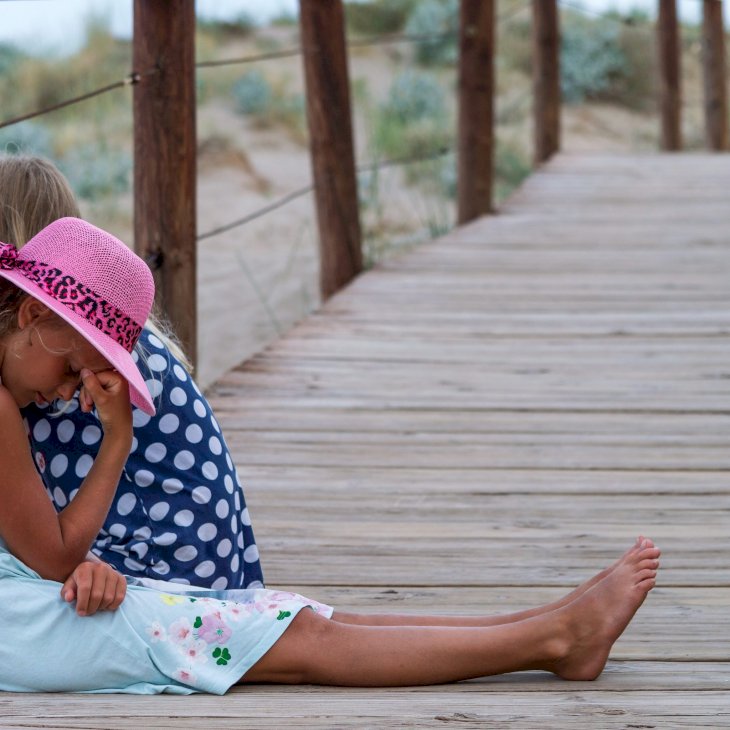
Photo by Vitolda Klein on Unsplash
As a parent or guardian, you may want to look out for changes in your child's behavior. While some of the behavioral changes may frustrate you as a caretaker, they may result from an underlying issue.
Look out for sudden moodiness, aggression, or clinginess that may be uncharacteristic. While they may be showing clinginess, the opposite is also true. If a child is withdrawing or avoiding social life with friends and family, take note of it. And on the point of avoidance, this includes avoidance of activities that may challenge them and often procrastinate.
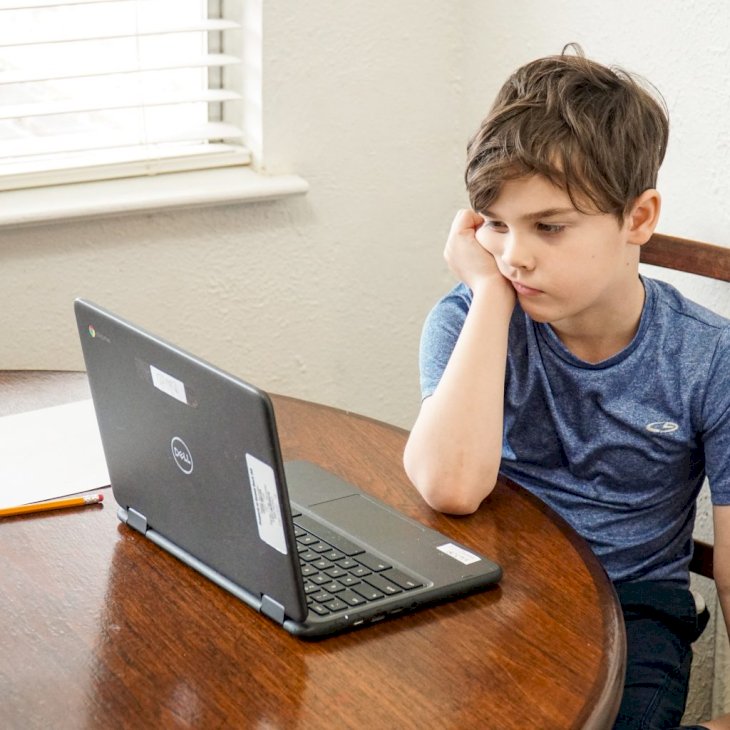
Photo by Thomas Park on Unsplash
Also, picking up nervous habits like nail-biting or being fidgety. A child may struggle to concentrate or have persistent "negative" or worrying thoughts.
Psychosomatic Complaints
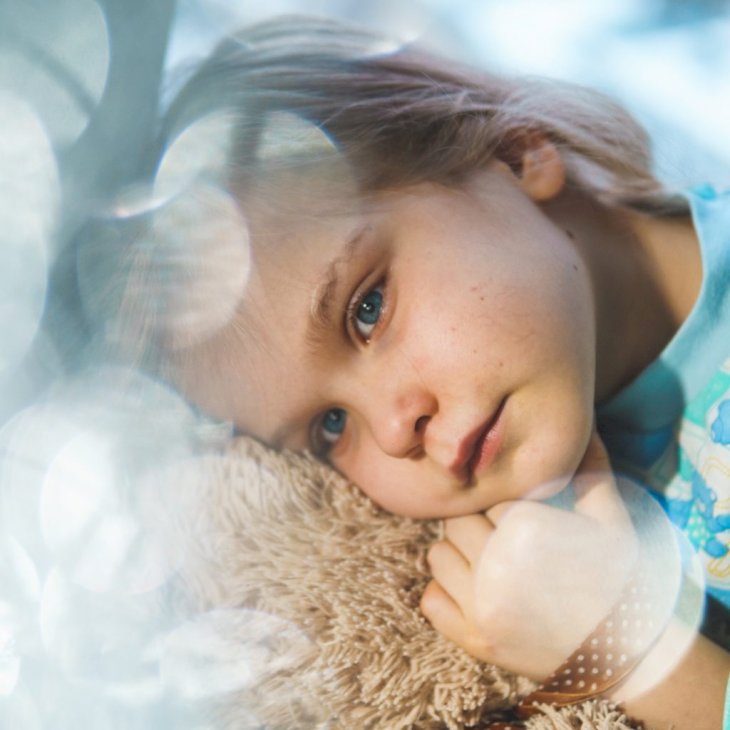
Photo by Vitolda Klein on Unsplash
While a child may not outright tell you that they're feeling anxious, they may complain about a stomach ache or headache. If this is happening persistently, it may be a sign of anxiety.
Also, watch for chest pain complaints, difficulty breathing, racing heart, dizziness, and difficulty swallowing. These may be symptoms of a panic attack.
Physical Signs
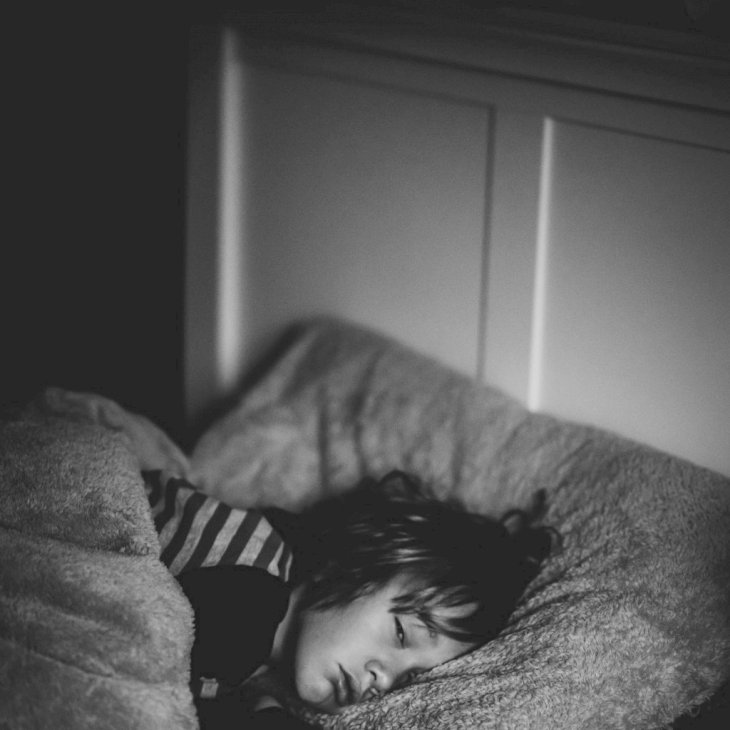
Photo by Annie Spratt on Unsplash
Trouble sleeping, including general restlessness, nightmares, and bedwetting. The child may also have an increased or decreased appetite.
Try to note when these typically occur. For instance, does the child exhibit certain symptoms before or after specific activities. If you suspect that your child is struggling with anxiety and self-help doesn't seem to be working, you may seek out the help of a professional.
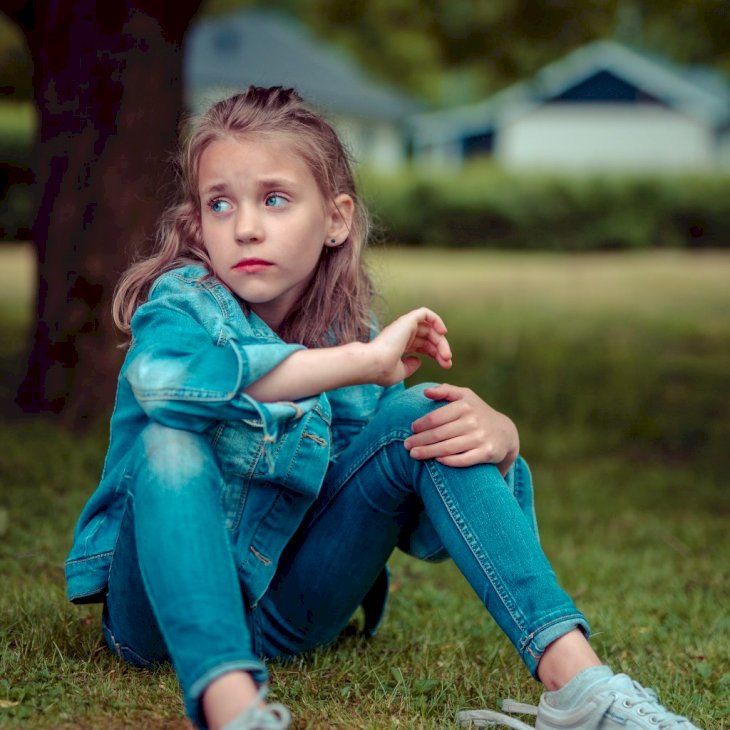
Photo by ?? Janko Ferlič on Unsplash
A general practitioner (GP) may be an excellent place to start. If the GP thinks your child may have an anxiety disorder, they may recommend them for an additional assessment.